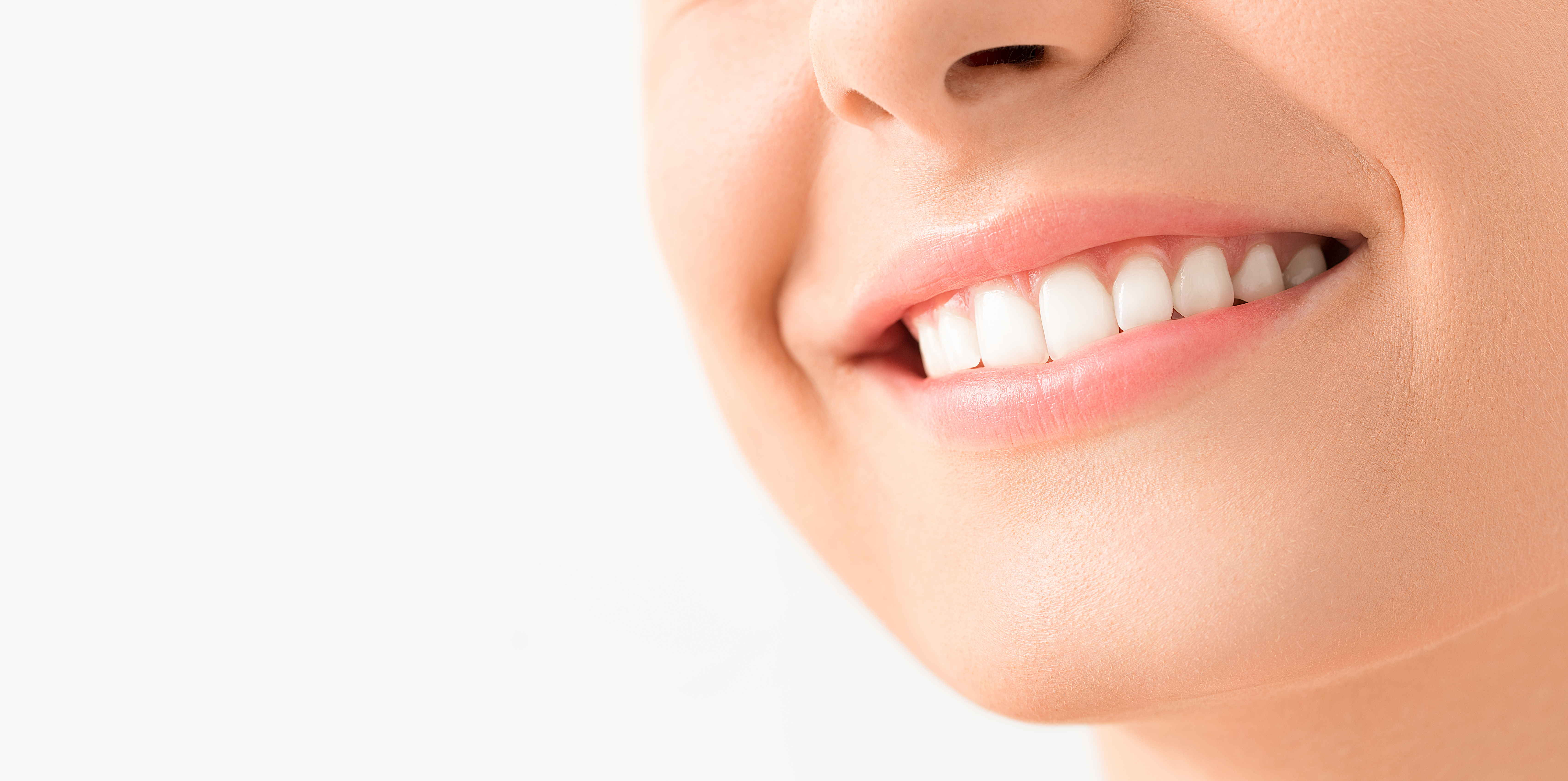
The third set of molars at the back of the mouth are known as wisdom teeth and usually, erupt between the ages of 17 and 21 years old.
Wisdom teeth are the flat molars located at the back of the mouth. More specifically, they are the third set of molars, and are found on both sides of the mouth, on the top and the bottom. We develop our first set of teeth as babies, before they fall out and are replaced with our permanent adult teeth. But, the last to emerge are known as the wisdom teeth, which usually only erupt in early adulthood. Why do we get wisdom teeth? And what exactly is their purpose?
What is the purpose of wisdom teeth?
Wisdom teeth are not actually essential for our survival anymore, but there was a time when they would have been used to eat an ancient human diet. Foods like coarse roots and tough meat would have required more chewing than many of our modern foods, which are generally soft and easy to eat. The foods of early humans would also have been likely to cause considerable wear and tear on the teeth, and wisdom teeth would have been an important tool, thanks to their strength. Now, our diets are vastly different from the rough foods of the past. In fact, it is believed that we have now evolved to the point at which wisdom teeth are no longer needed at all.
Does everyone get wisdom teeth?
While most people do develop wisdom teeth, not everyone gets them. Interestingly, research shows that men are more likely to develop them than women. It is possible, however, that you don’t even realise that you have wisdom teeth. In some cases, they don’t erupt through the gums, and for this reason, they remain invisible beneath the gums. It is also possible to get just one or a few wisdom teeth, rather than a full set.
Do you have to remove wisdom teeth?
It is not always necessary to have wisdom teeth removed, but in many cases, they can cause oral health problems. Sometimes, the jaw is too small to house the third set of molars and this can cause overcrowding when the wisdom teeth to erupt. Wisdom teeth can also cause misalignment, or they can grow at a sideways angle.
In many cases, wisdom teeth become impacted. This means that they cannot properly erupt through the gum tissue, which can lead to the displacement of permanent teeth as well as infection and cysts. If these kinds of oral health issues are not treated early, further complications can occur and your healthy teeth may be severely damaged. It is also possible for food particles to get stuck between the damaged teeth, increasing the risk of decay and even painful infections.
Some of the common symptoms of impacted wisdom teeth include swollen or bleeding gums, swelling around the jaw, bad breath, and difficulty opening the mouth. If you experience any of these symptoms, the best bet is to see your dentist as soon as possible. They will examine your teeth and gums and recommend the treatment best suited to your situation. In some cases, treatment may involve the surgical removal of your wisdom teeth.
At Murwillumbah Dental, we offer wisdom teeth removal. To find out what the procedure involves, and what to expect afterwards, please take a look here.
If you have experienced any pain or discomfort as a result of your wisdom teeth, we encourage you to come in and see us. For more information about wisdom teeth removal or to arrange a consultation with one of our dentists, please don’t hesitate to get in touch.
